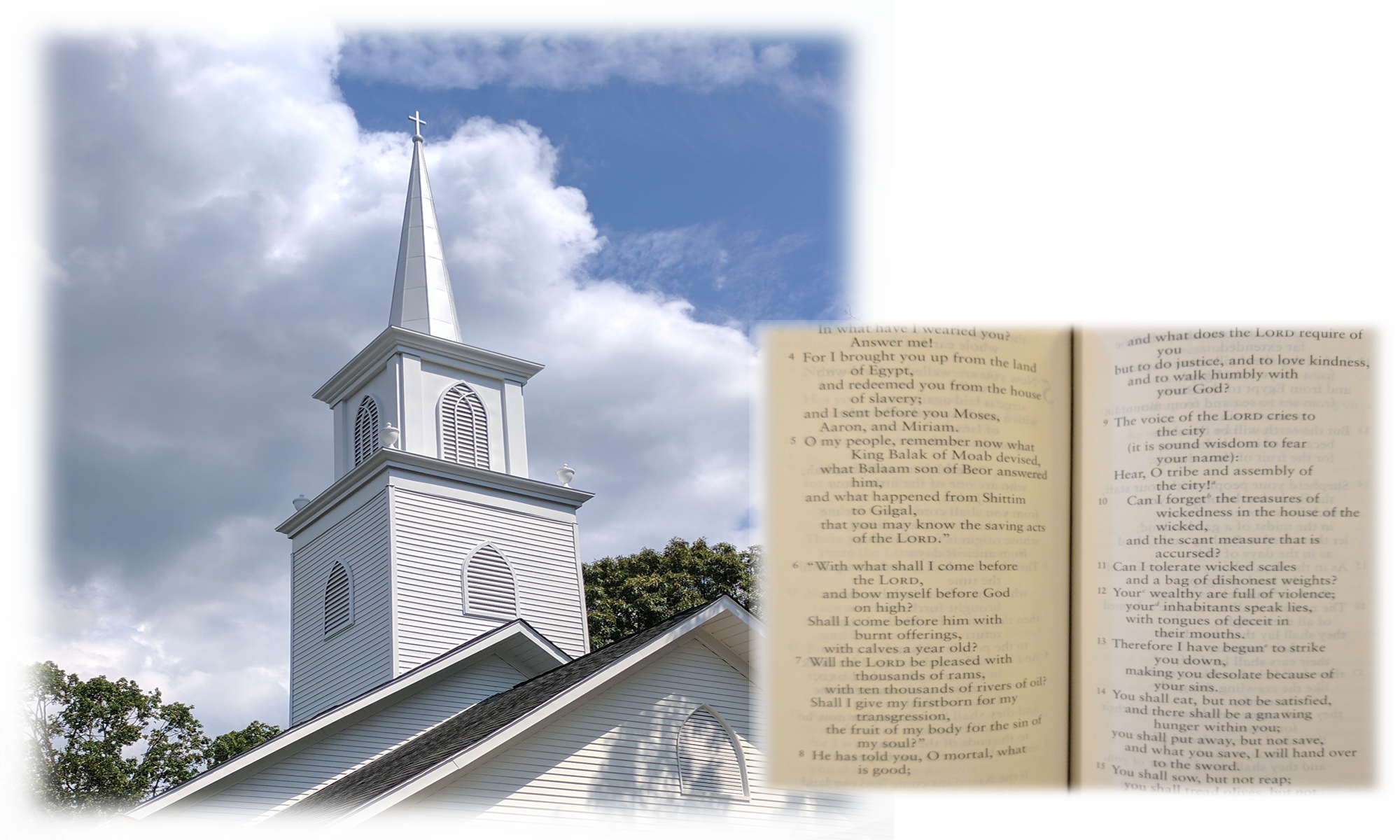In this Sunday’s class we will discuss Jotham’s Fable, Judges 9:7-21.
Here’s the text in the New Revised Standard Version. Reading the preceding verses will help in understanding the context.
7 When it was told to Jotham, he went and stood on the top of Mount Gerizim, and cried aloud and said to them, “Listen to me, you lords of Shechem, so that God may listen to you.
8 The trees once went out
to anoint a king over themselves.
So they said to the olive tree,
‘Reign over us.’
9 The olive tree answered them,
‘Shall I stop producing my rich oil
by which gods and mortals are honored,
and go to sway over the trees?’
10 Then the trees said to the fig tree,
‘You come and reign over us.’
11 But the fig tree answered them,
‘Shall I stop producing my sweetness
and my delicious fruit,
and go to sway over the trees?’
12 Then the trees said to the vine,
‘You come and reign over us.’
13 But the vine said to them,
‘Shall I stop producing my wine
that cheers gods and mortals,
and go to sway over the trees?’
14 So all the trees said to the bramble,
‘You come and reign over us.’
15 And the bramble said to the trees,
‘If in good faith you are anointing me king over you,
then come and take refuge in my shade;
but if not, let fire come out of the bramble
and devour the cedars of Lebanon.’
16 “Now therefore, if you acted in good faith and honor when you made Abimelech king, and if you have dealt well with Jerubbaal and his house, and have done to him as his actions deserved— 17 for my father fought for you, and risked his life, and rescued you from the hand of Midian; 18 but you have risen up against my father’s house this day, and have killed his sons, seventy men on one stone, and have made Abimelech, the son of his slave woman, king over the lords of Shechem, because he is your kinsman— 19 if, I say, you have acted in good faith and honor with Jerubbaal and with his house this day, then rejoice in Abimelech, and let him also rejoice in you; 20 but if not, let fire come out from Abimelech, and devour the lords of Shechem, and Beth-millo; and let fire come out from the lords of Shechem, and from Beth-millo, and devour Abimelech.” 21 Then Jotham ran away and fled, going to Beer, where he remained for fear of his brother Abimelech.
I hope to see you tomorrow morning.
Like this:
Like Loading...









You must be logged in to post a comment.